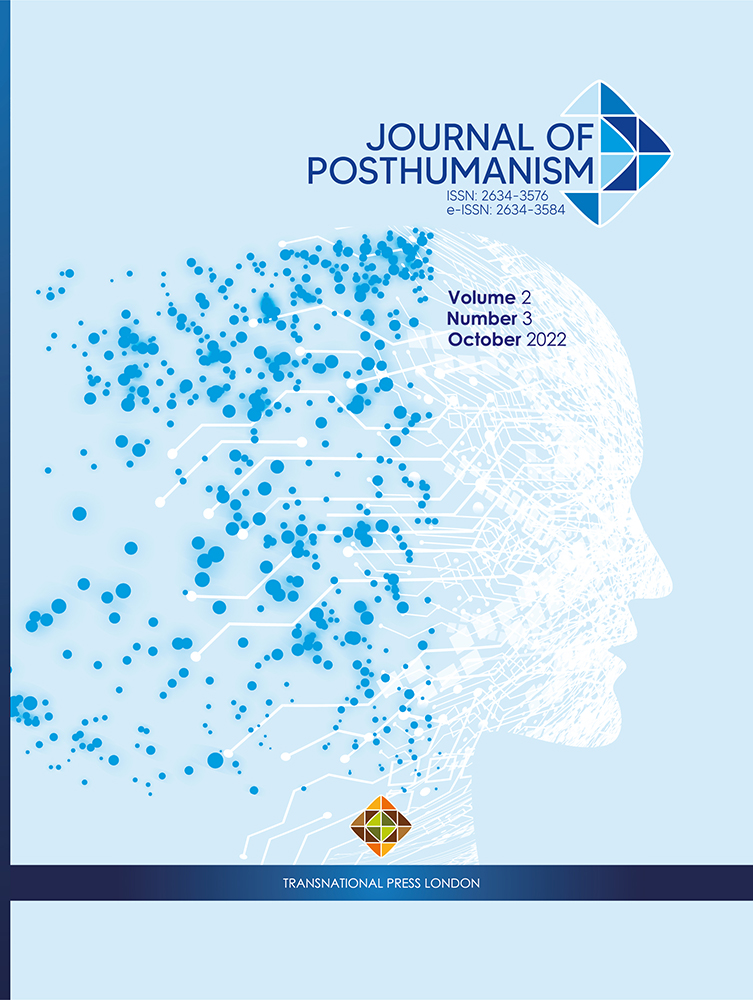Autonomy, Posthuman Care, and Romantic Human-Android Relationships in Cassandra Rose Clarke’s The Mad Scientist’s Daughter
Autonomy, Posthuman Care, and Romantic Human-Android Relationships in Cassandra Rose Clarke’s The Mad Scientist’s Daughter
Author(s): Monica SousaSubject(s): Structuralism and Post-Structuralism, Sociology of Culture
Published by: Transnational Press London
Keywords: Autonomy; Posthuman Care; Romantic; Human-Android; Relationships; Cassandra Rose Clarke; Mad Scientist’s Daughter;
Summary/Abstract: This essay looks at the representations of romantic relationships between humans and intelligent androids in Cassandra Rose Clarke’s science fiction novel, The Mad Scientist’s Daughter (2013). Clarke’s novel encourages readers to re-evaluate common fears surrounding human-android interaction. By closely looking at this novel, this essay offers a posthuman care-ethical approach. This essay argues that in depictions of romances between humans and androids, posthuman intimacies can reaffirm a humanity that is shaped by care when attention is given to autonomy. This care ethic suggests a posthumanist vision of humanity that requires trying to understand and be willing to learn more about the feelings and choices of a nonhuman being – even if those feelings and choices are artificially simulated.
Journal: Journal of Posthumanism
- Issue Year: 2/2022
- Issue No: 3
- Page Range: 204-214
- Page Count: 10
- Language: English
- Content File-PDF

